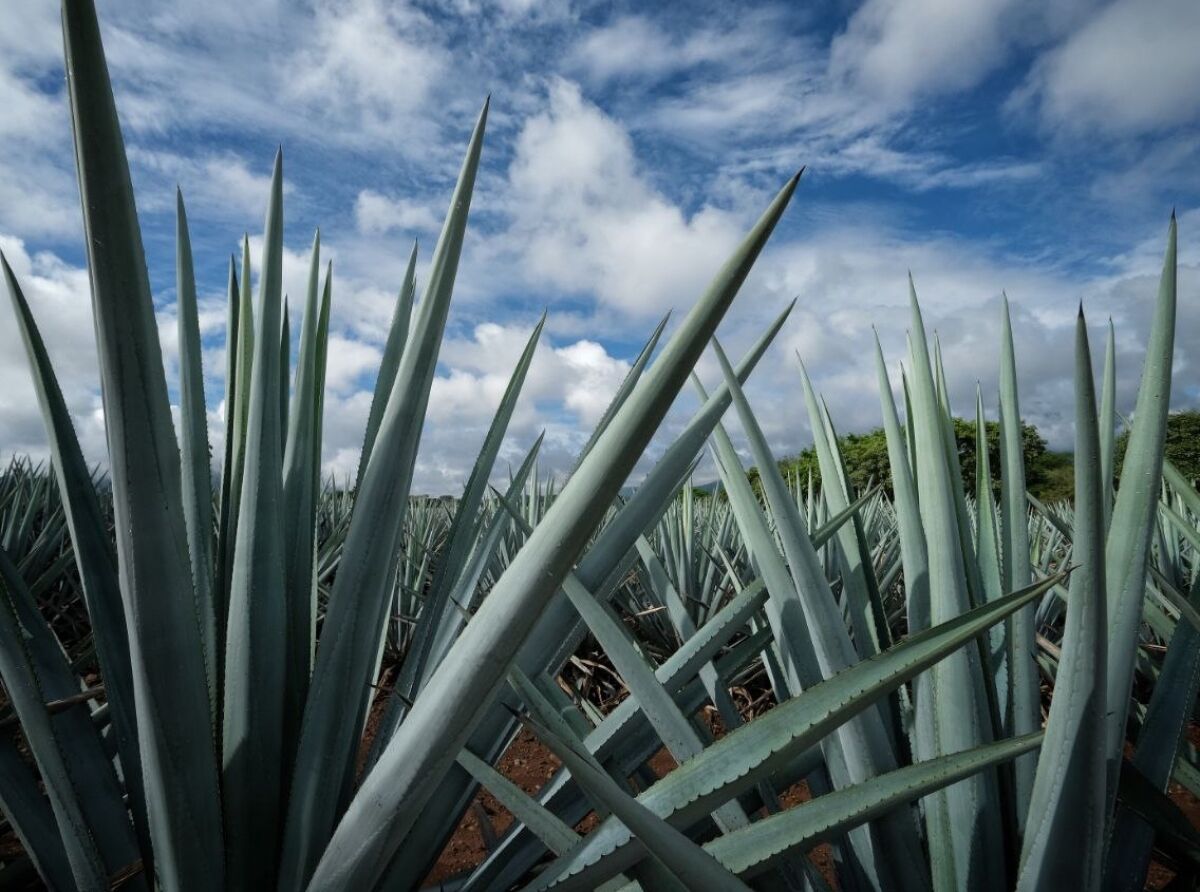Saturday marked International Tequila Day, celebrating 15 years since the United Nations Educational, Scientific and Cultural Organization (UNESCO,) declared the agave landscape of Jalisco as World Heritage.
The cultivation of agave has been consolidated as an element of Mexican identity, however this activity is one of the main causes of deforestation in Jalisco along with livestock and avocado cultivation.
In order to ensure zero deforestation and mitigate the impact of agave plantations in areas associated with processes of land use change, the Tequila Regulatory Council, National Chamber of the Tequila Industry, and the Government of the State of Jalisco, through the Ministry of the Environment and Territorial Development (Semadet), promoted the Agave Responsible Environmental (ARA) certification. This will establish an eligibility map for the agave, prepared by the Government of Jalisco and the National Forestry Commission (CONAFOR.) The map indicates the soils with an agricultural vocation where agave plantations are approved to be established, which will prevent further deforestation in areas less conducive to agave cultivation in the state of Jalisco.
The objective is that by the year 2027 in Jalisco, the supply of Agave tequilana Weber variety blue destined for the production of tequila, will not have caused deforestation of natural forests, compared to the condition of the forests in 2016. This means that as of 2021, no new agave plantations will be registered in areas that have been deforested.
According to information from the CRT, during 2020 1,407,000 tons of agave were used in the production of 374 million liters of tequila. 73% of the agave plantations established within the territory of the Denomination of Origin for Tequila are located in Jalisco, with a total of 210,000 hectares.

